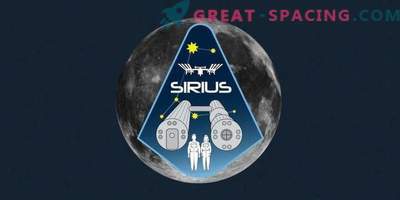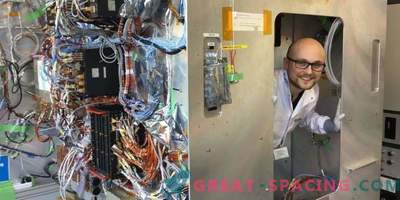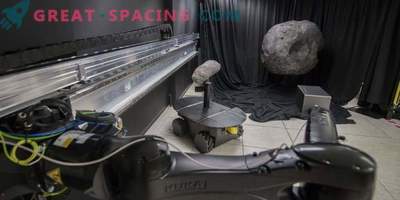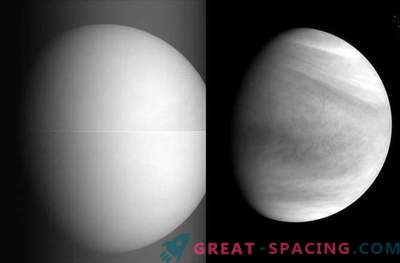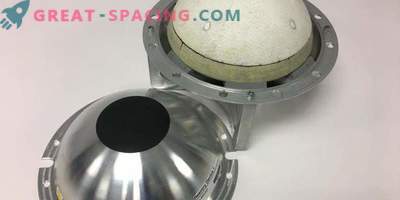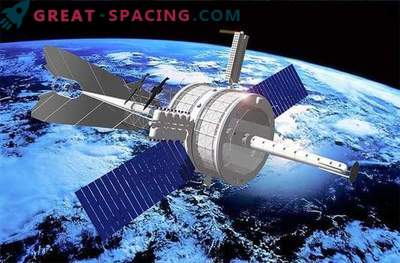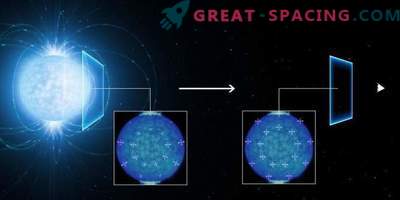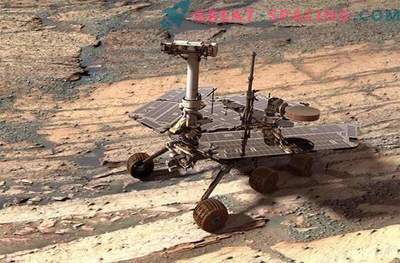
Representatives of the ispace enterprise, seeking to create a moon exploration system, announced that part of their program would include testing a solid-state battery on the surface of an earth satellite. The plan is to test a battery with a lunar rover in 2021.
Engineers have been trying to make solid-state batteries commercially viable for many years, but so far this has not been possible. However, this does not prevent the Japanese company NGK Spark Plug (ispace partner) from planning to test a similar battery on the lunar surface in just 2 years.
Solid-state batteries are based on non-liquid electrolyte, prevented by the explosive nature of batteries currently used (lithium ion). The problem is that there is not enough alternative material. The models currently being tested can be recharged only a few times and are too expensive, and therefore not commercially viable. NGK Spark Plug says that a battery sent to the moon will contain ceramic electrolyte. While such a model is not expected to be of any use, it is important to check whether it can survive and function in adverse conditions of the surface of the earth’s satellite. Equipment must cope with a frost of -173 ° C and heat at 127 ° C. Let's not forget about dust and solar radiation.
Under the HAKUTO-R program, it is planned to send a group of ships to the moon within a few years. The first will be the lunar orbiter, then the ship will be moored, which will release a lunar rover with a solid-state battery. The first mission is scheduled for 2020, and the second is the 2021st. Both are going to use SpaceX rockets.










